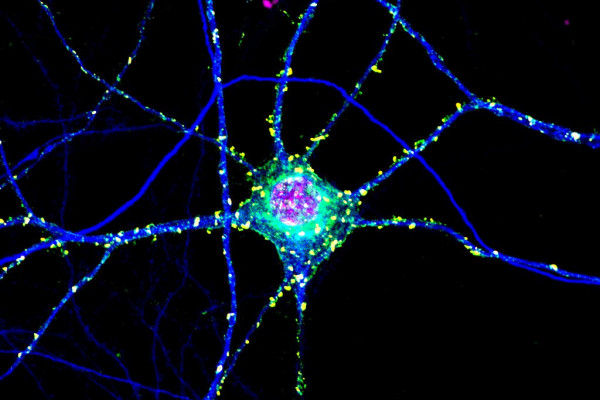Researchers have used stem cells to make neural implants more refined and with less scar...
Interviews with Scientists
Interviews about medicine, science, technology and engineering with scientists and researchers internationally...
Could computers ever have the power to predict our emotions and change them? or even to read our minds?
UK Science Minister, David Willetts addresses the AAAS Meeting in Chicago, 2014
Should scientists resort to propaganda? How do governments decide what research is funded? Join the live panel...
Our gene of the month is Escargot, named after the French word for snail, but also known by the less exotic name...
An astonishing 7 million tons of food and drink is thrown out in the UK every year. We dig into this waste.
Refrigeration may be a bigger environmental issue than transporting food around the country...
We take a look back at the last 100 years of radio...
We have to get our food from where it’s grown to where we buy it and to our houses. What can we do to try and reduce...
Examining Chris' shopping bag to find out the carbon footprint of his weekly shop.
At the University of Manchester, Professor Matthew Cobb and his team are studying how maggots smell things.
Scientists have analysed the genome of an 11,000 year old contagious dog genital cancer.
Scientists have used genetic analysis to wind the evolutionary clock back on the history of dogs
Researchers have carried out a small but successful trial of gene therapy for a type of blindness.
Stuart Firestein, Professor of Biology at Columbia University, explained to me how our sense of smell works, and why it...
The body shapes of queen ants and worker ants have evolved in different ways to reflect their different roles.
The pathogen that causes corn smut in maize employs a sophisticated strategy to increase its virulence.
Researchers have worked out the structure of a protein complex that is involved in the destruction of T helper cells...
A rat will help another rat if it is familiar with that type of rat, even if it has not met the actual rat before.
Over half of all shark and ray species are “threatened or near threatened” according to new estimates
Plans for making nanoparticles might be in their early stages, but some are looking to the future and how we can sort...
How do you use nanoparticles to make sensors from gold?
About 1 in 100 in the UK has a peanut allergy. But this week, researchers announced a new technique to control the...
Nottingham University’s Cameron Alexander is developing a system to deliver and activate nanoparticles in specific...
A team of researchers are using tiny structures to make new optical materials, including a polymer which changes colour...
